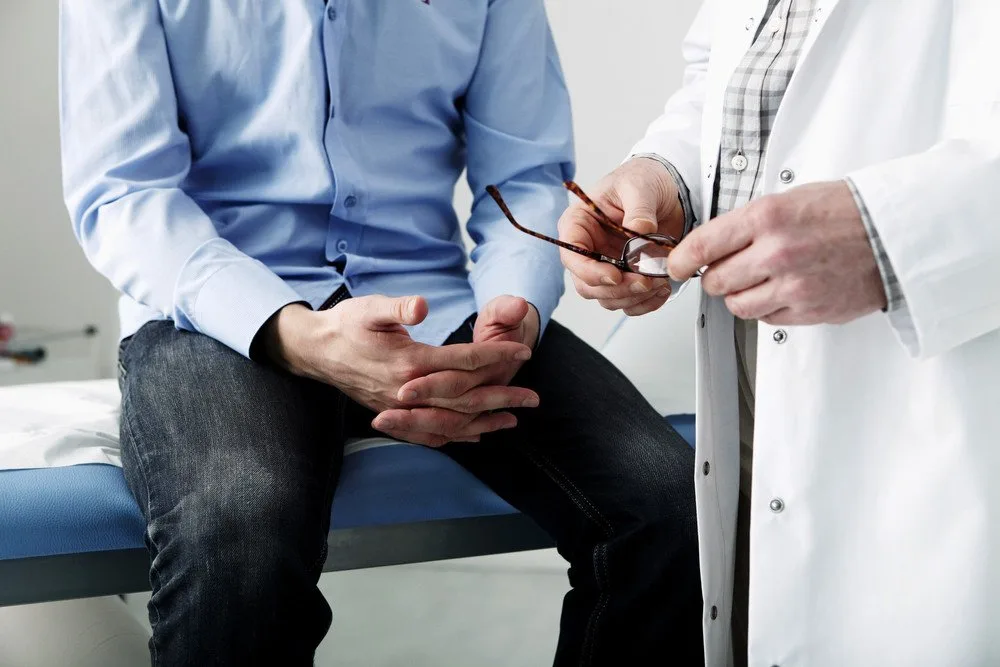When it comes to breast cancer, the focus is usually on women and ever rarely on men. Granted, by the end of 2020, there were 7.8 million women alive who had been diagnosed with breast cancer in the past 5 years. Now while these are alarming statistics that should prompt us to action, it shouldn’t take away from the fact that men can also get breast cancer.
Breast Cancer in Men: It’s Rare, But It Can Happen
According to statistics, around 1% of breast cancer cases will occur in men and while this is a very low number, it doesn’t take away from the fact that male breast cancer is a real thing.
Sadly, because the incidence rate is so low, men are somewhat ignorant of their risk of developing breast cancer. Coupled with the patriarchal conditioning that results in men having fewer and fewer check-ups every year, this can influence the mortality rate. In fact, a 2019 study published in JAMA Oncology reported that men have higher death rates than women across all stages of breast cancer.
Therefore, it’s clear that more needs to be done in educating men, as well as their loved ones when it comes to their risk for breast cancer.
Know the signs
As mentioned, doctor’s visits isn’t something that men regularly partake in. What’s more, their lack of awareness when it comes to male breast cancer can also be a problem. This is why it’s important that are aware of the signs and symptoms of male breast cancer.
Signs that men should look out for include:
- A hard, painless, and immobile lump in the breast
- Inverted nipples
- Fluid or bloody discharge from the nipple
- Sores or rash around the nipple area
- A change in size or shape of the breast and nipple
If you notice any of these signs, it’s important to immediately seek medical attention as early detection does save lives.
Am I at risk?
Risk factors for male breast cancer include:
- Age
- Family history of breast cancer
- Radiation exposure
- Alcohol use
- Liver disease
- Estrogen use
- Obesity
What’s the treatment plan?
Similar to female breast cancer, treatment for male breast cancer includes mastectomy, hormonal therapy chemotherapy as well as radiation therapy.

How can I protect myself?
There are a few ways that men can reduce their risk for breast cancer. These include following an anti-inflammatory diet rich in fruits, vegetables, and whole grains. It’s also advisable to stay away from alcohol and to exercise regularly.
Lastly, please go for your regular check-ups. There’s nothing unmanly about taking charge of your health.
Want to know more?
While male breast cancer is quite rare, prostate cancer is the most common cancer in men. That said, you may be surprised to learn that black men are more at risk for prostate cancer.




![women [longevity live]](https://longevitylive.com/wp-content/uploads/2020/01/photo-of-women-walking-down-the-street-1116984-100x100.jpg)










